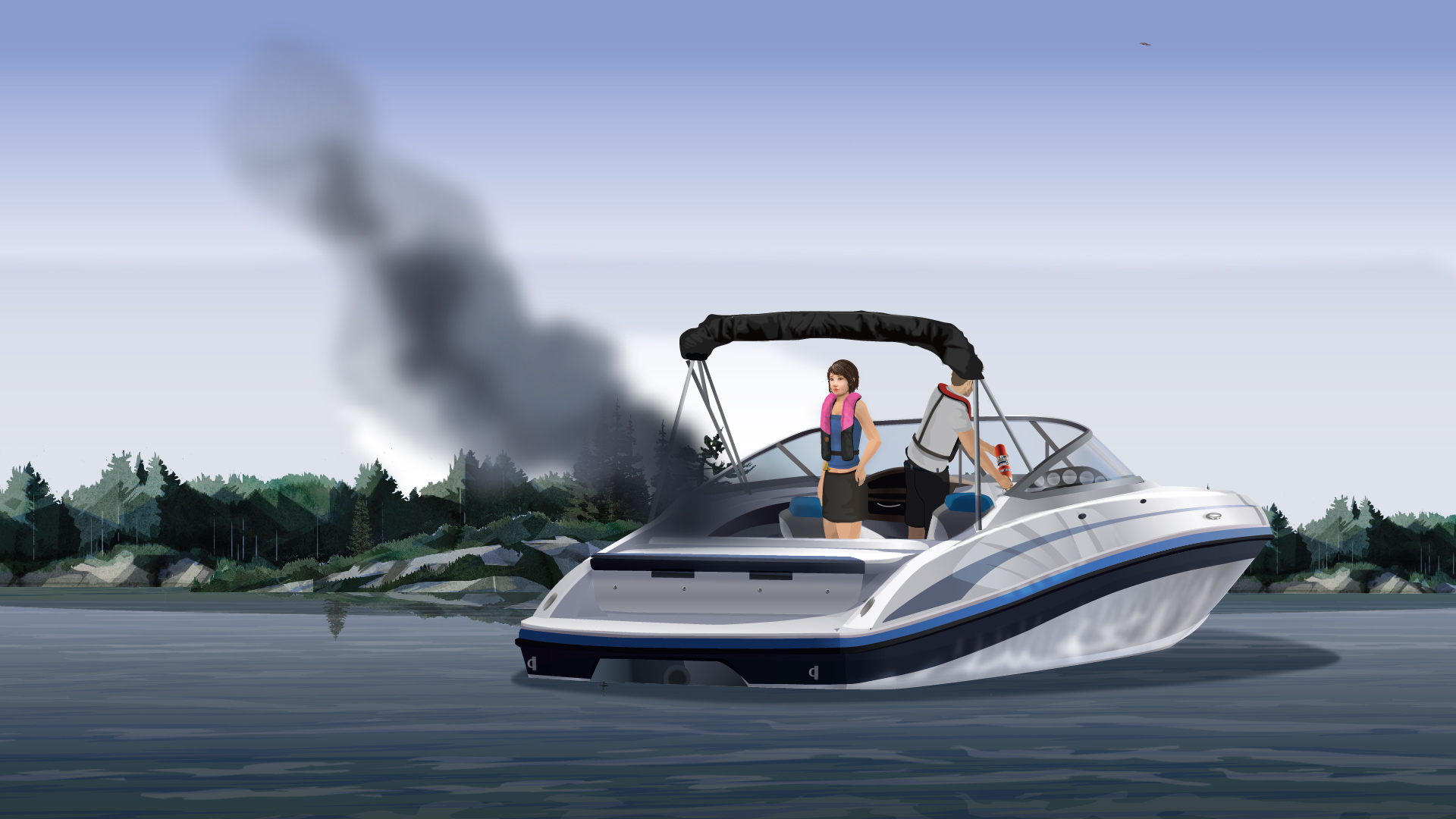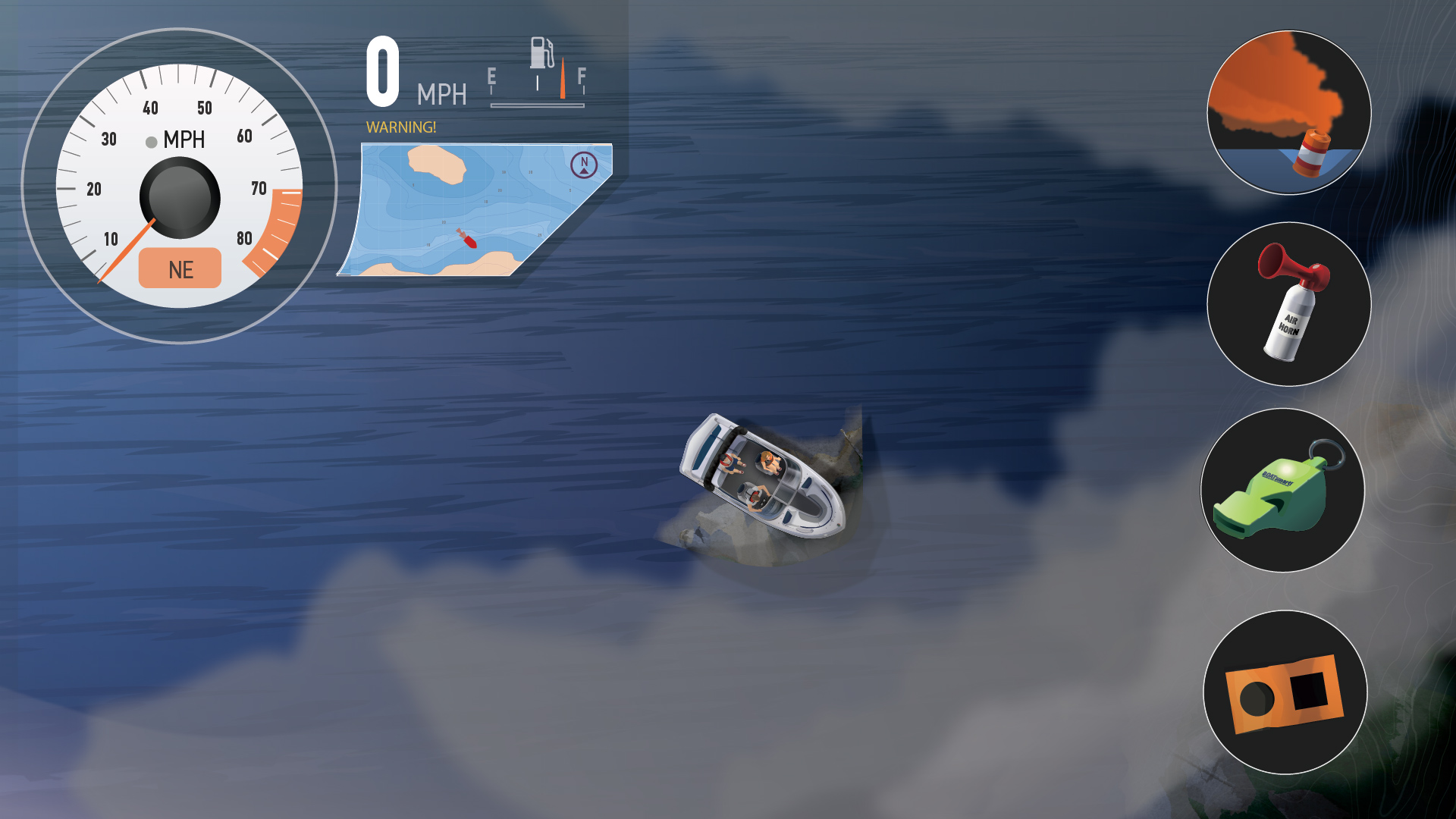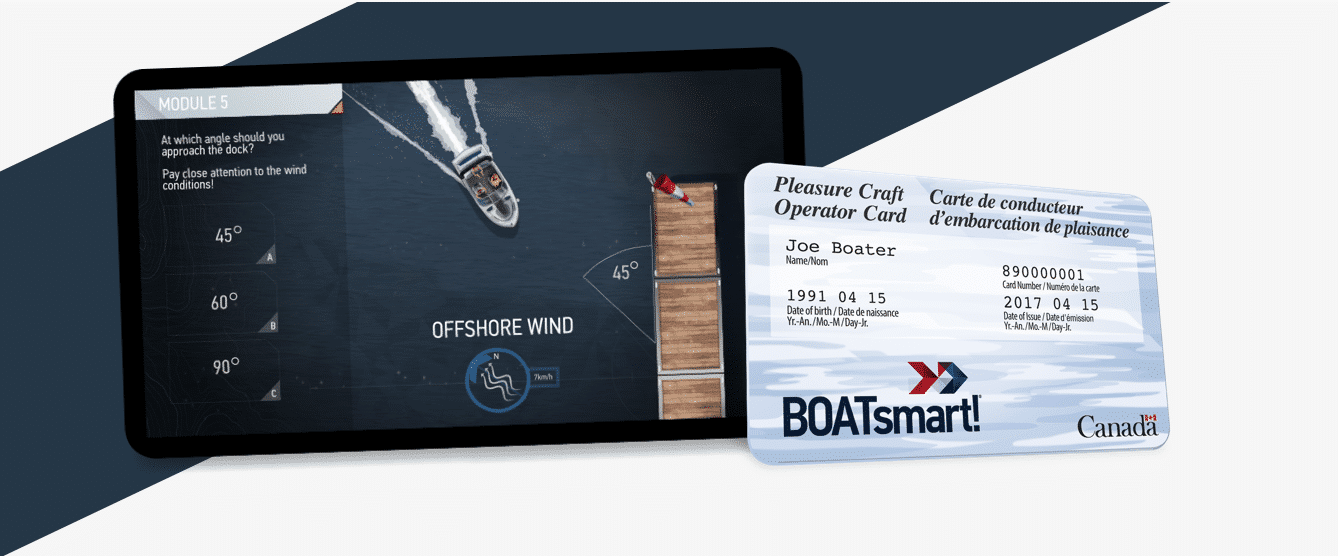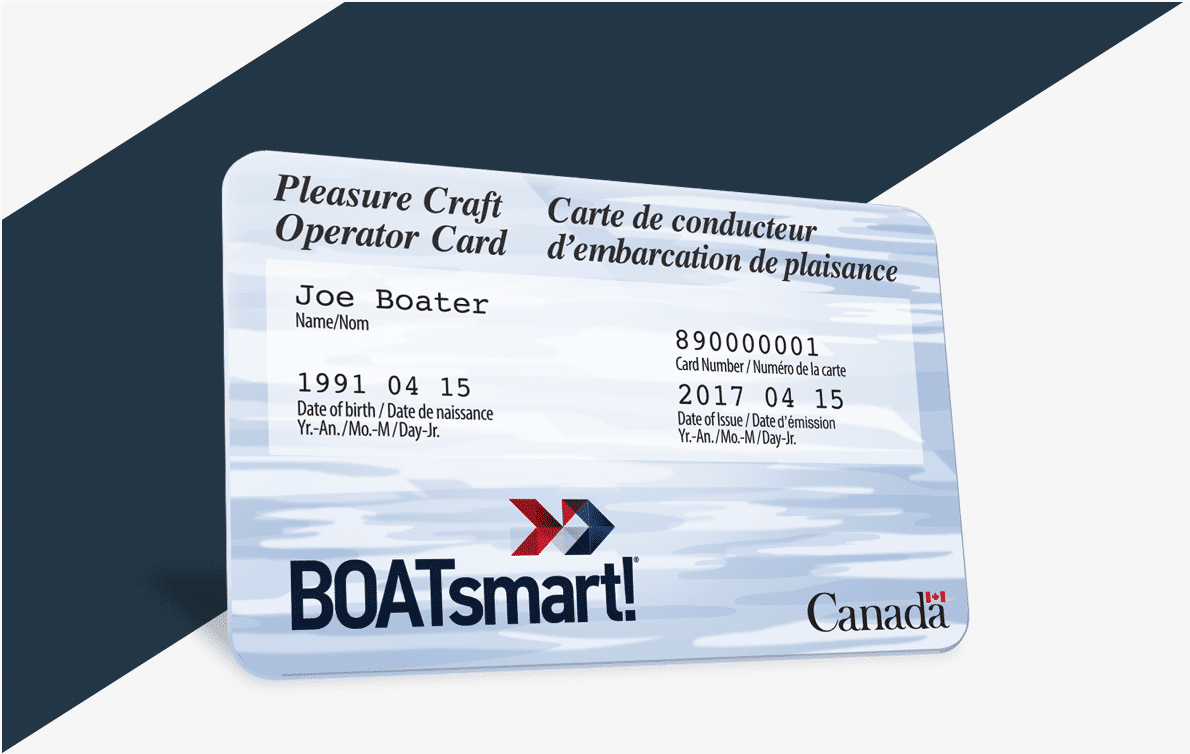BOATsmart! Canada
Knowledge Base
Module 07 - Emergency Preparedness
Boating Emergencies

Boating emergencies can come in various forms, but the key to lessening to severity of a boating emergency is to be prepared and having the right knowledge. You may not be able to predict the unexpected–but you can prepare for it.
Remembering the following will help you respond effectively in an emergency:
- Remain calm
- Assess the situation and then take appropriate action
- Focus on ensuring your own safety and that of your passengers (guests)
- If necessary, signal your need for help using a recognized distress signal
- Always ensure that each passenger (guest) is wearing a life jacket or PFD
- Keep an emergency kit and repair kit onboard to ensure you can make on-water repairs, and deal with minor injuries

- Carry a first aid kit onboard at all times
- If you or any of your passengers (guests) have been injured, the person who is closest to the injured person should assess the victim’s breathing and administer first aid if necessary- if you’re not sure how to perform these rescue techniques, you should take a first aid course.
Always keep a lookout for other boaters signalling distress or who are in need of assistance. If you see a distress signal or an emergency situation you are required by law to help the other boaters, as long as it will not put you or your passengers (guests) in danger.


Get your Official Canadian
Boating License
The Official Transport Canada Boating Course, Test & License.
Get your Official Canadian
Boating License
The Official Transport Canada Boating
Course, Test & License.



